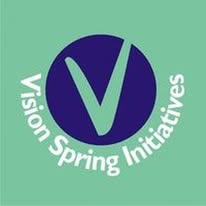Women, children and women activist/human rights defenders in conflict situations are at heightened risks of experiencing verbal abuse and harassment, gendered physical attacks, acid attacks, rape and other forms of sexual attacks, and become targets of hate speech based on misogyny, homophobia, transphobia and racism. (Amnesty International, 2019).

Through restrictive bills, the Nigerian state is increasingly seeking to suppress civic space and deprive citizens freedom of speech and expression such as the Protection from Internet Falsehood and Manipulation Bill, 2019 (social media Bill) and the Prohibition of Hate Speech Bill (Hate Speech Bill) and ban on Twitter.
Nigerians’ right to privacy is derived from Chapter 4 of the 1999 Constitution of the Federal Republic of Nigeria, which recognizes privacy and free expression as fundamental rights. Section 37 provides that “[t]he privacy of citizens, their homes, correspondence, telephone conversations, and telegraphic communications is hereby guaranteed and protected”, while Section 39(1) asserts that “every person shall be entitled to freedom of expression, including the freedom to hold opinions and to receive and impart ideas and information without interference”.
Governments are making the civic space a tug of war – one of survival and strategic positioning by civic organizations and participants fighting against a system designed to kill activism and civic engagements. Civic actors are threatened and bullied with harsh policies targeted at dampening “dissent” against authorities. Being a female player in the civic industry does not help matters as cultural, political and social elements exist to hinder the impactful work of participants of the female gender, thereby contributing to gender inequality in the already shrinking civic space.
However, Nigeria’s political trends do raise a number of red flags concerning people’s vulnerability to data-related abuse by state and private-sector actors.
READ MORE
